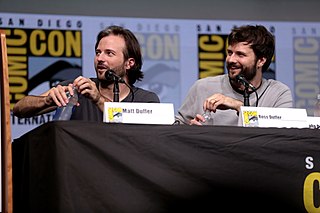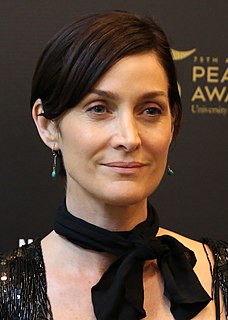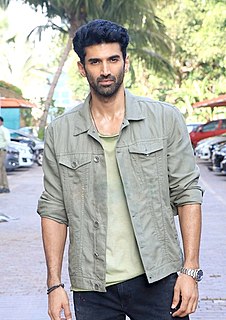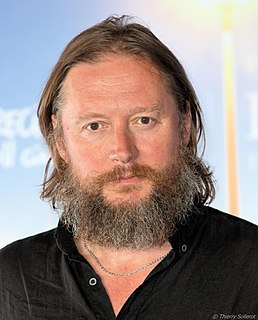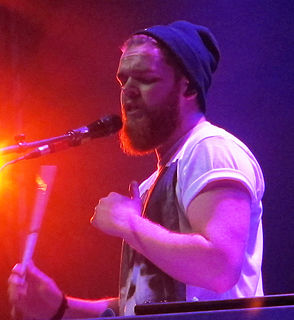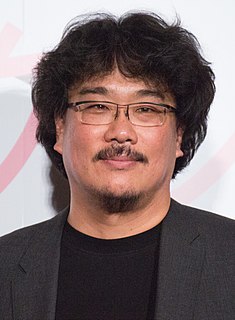A Quote by Neil Gaiman
My theory on genre is that while there are people out there who believe that genre tells people what to read, actually I believe that genre exists as a marketing tool to tell you what to avoid.
Related Quotes
I think romance is a tool, comedy is a tool and drama is a tool. I really just want to tell stories that challenge the viewer, move people, make you laugh, perhaps push an idea about being open-minded but never settle on a genre or an opinion. I hate genre. I like movies that are original in their approach.
The beauty of the horror genre is that you can smuggle in these harder stories, and the genre comes with certain demands, but mostly you need to find the catharsis in whatever story you're telling. What may be seen as a deterrent for audiences in one genre suddenly becomes a virtue in another genre.
People tell me I'm in a genre kind of movie, but it never crossed my mind that The Matrix was genre. To me it was about, for me anyway, my character, I had this rock outside my door which said "faith" or "believe" or something, and I remember felt like that was my key into her, into Trinity. It was like she was the heart of it.
When you're a young writer and you look at people praising a big hefty anthology that has uncovered a long lost genre, it can be disorienting to look inside it and think, "But what it's uncovered still isn't me. What does this mean? Do I not belong in this genre, or is there more of the genre yet to find?"
I do love science fiction, but it's not really a genre unto itself; it always seems to merge with another genre. With the few movies I've done, I've ended up playing with genre in some way or another, so any genre that's made to mix with others is like candy to me. It allows you to use big, mythic situations to talk about ordinary things.




